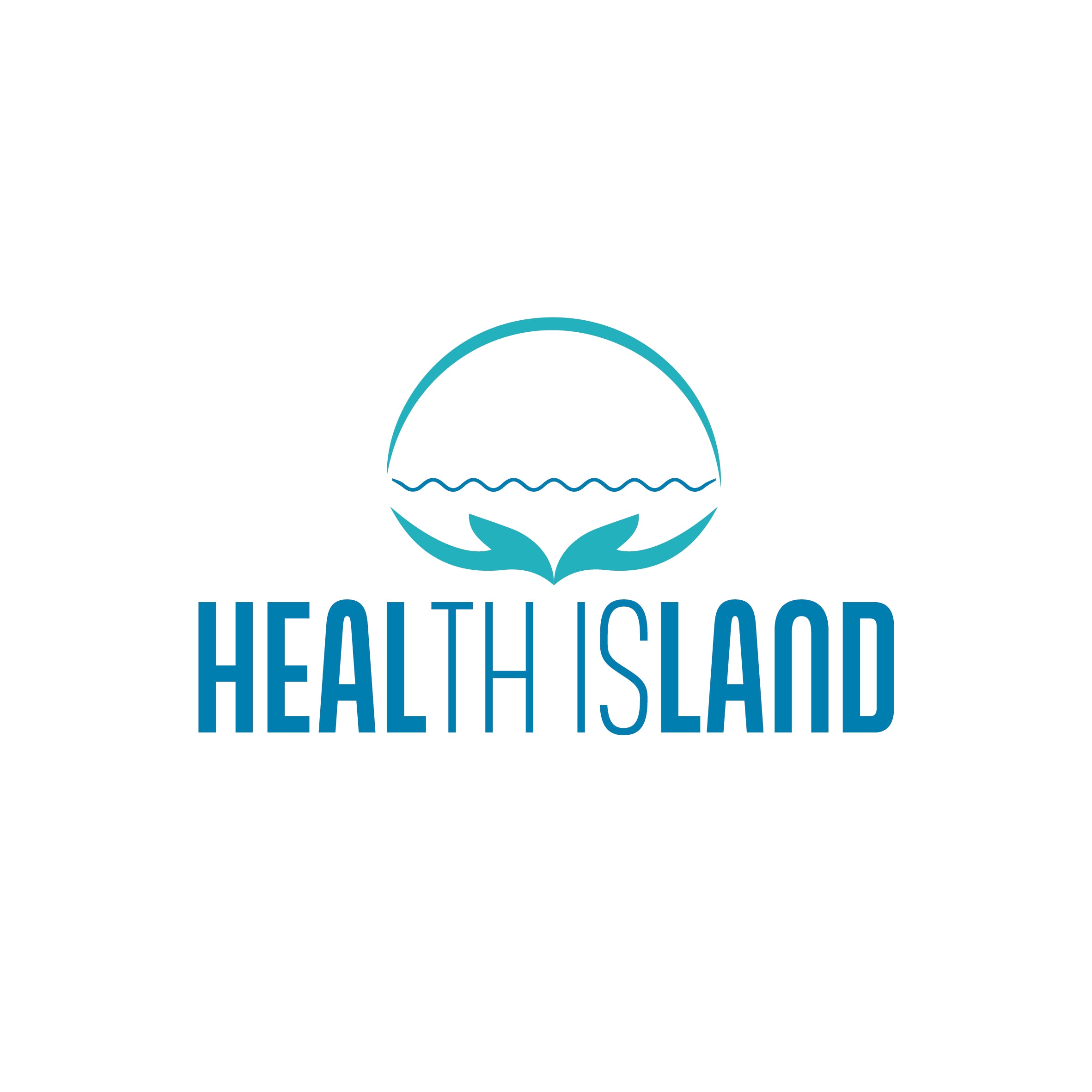As part of a larger study, researchers asked parents of 134 kids with ADHD symptoms to complete a detailed questionnaire about the typical foods the children ate, including portion sizes, over a 90-day period. Another questionnaire asked parents to rate symptoms of inattention -- a hallmark of ADHD -- in their kids, such as having trouble staying focused, not following instructions, difficulty remembering things, and difficulty regulating emotions.
Results showed that kids who consumed more fruits and vegetables showed less severe symptoms of inattention, said Irene Hatsu, co-author of the study and associate professor of human nutrition at The Ohio State University.
The study was published online recently in the journal Nutritional Neuroscience.
The data for this research was collected as part of the Micronutrients for ADHD in Youth (MADDY) Study, which examined the efficacy of a 36-ingredient vitamin and mineral supplement to treat symptoms of ADHD and poor emotional control in the 134 kids aged 6 to 12.
The study that evaluated the effectiveness of the supplement showed that children who took the micronutrients were three times as likely to show significant improvement in their ADHD and emotional dysregulation symptoms than those who took a placebo.
Another study involving the same children, published earlier this year in the journal Nutrients, showed that kids whose families had higher levels of food insecurity were more likely than others to show more severe symptoms of emotional dysregulation, such as chronic irritability, angry moods and outbursts of anger.
The three studies all paint a similar picture, Hatsu said: A healthy diet that provides all the nutrients that children require can help reduce the symptoms of ADHD in children.
"What clinicians usually do when kids with ADHD start having more severe symptoms is increase the dose of their treatment medication, if they are on one, or put them on medication," Hatsu said.
"Our studies suggest that it is worthwhile to check the children's access to food as well as the quality of their diet to see if it may be contributing to their symptom severity."
Why may diet be so important in ADHD? Researchers believe that ADHD is related to low levels of some neurotransmitters in the brain -- and vitamins and minerals play a key role as cofactors in helping the body make those important neurochemicals and in overall brain function, Hatsu said.
Ten junk food swaps to improve nutrition
- Porridge or eggs instead of breakfast cereals
- Pure-fruit jam, instead of the usual high-sugar jam
- Popcorn instead of crisps
- Nachos instead of crisps
- Pistachios instead of potato crisps
- Fruit instead of snack bars
- Extra virgin olive oil instead of vegetable oil
- Quinoa instead of couscous
- Frozen dessert / yoghurt instead of ice-cream
- Sparking water instead of high-sugar soda drinks
Our hand-picked, carefully curated hampers with HEALTHY snacks and pamper products have provided an INSTANT feel-good effect amongst over 13 000 staff nationally in the last two years alone.
Excerpts from some recent references:
- “Our staff were all over the moon with our personalized hampers”
- “The team started their Wednesday on a very exciting note today”
- “I have had so many happy messages from people after they have received them. They are amazing”
- “The packs were SO well received. Thank you for being so efficient and speedy”
- “Thanks for the great boxes, my team are raving about them”
For as little as R150 per team member, we can craft a feel-good hamper of appreciation, reward, work-anniversary, or well-wishes for your valued staff.
Now you can pay over 6 weeks with PAYFLEX, interest-free
When you shop online at Health Island, you can fill your cart with your favourite healthy snack goodies - and pay later in FOUR interest free installments over 6 weeks!
